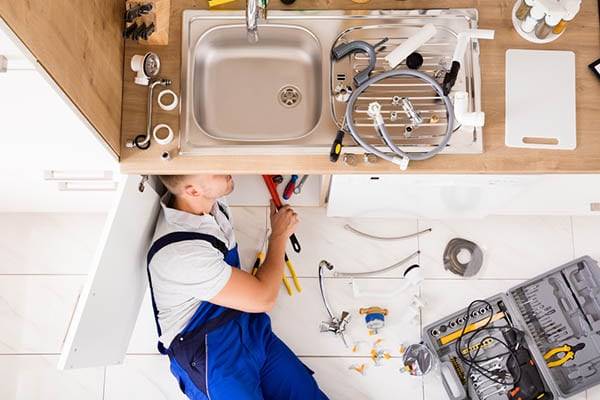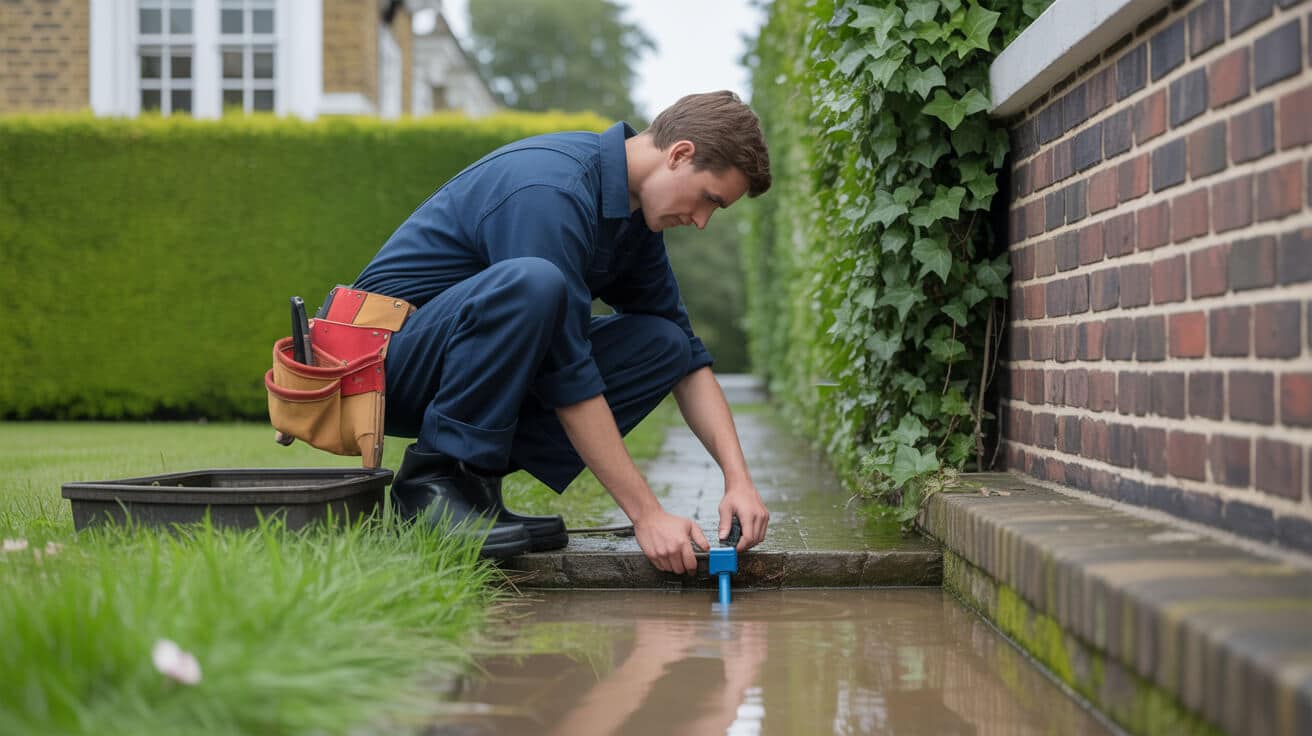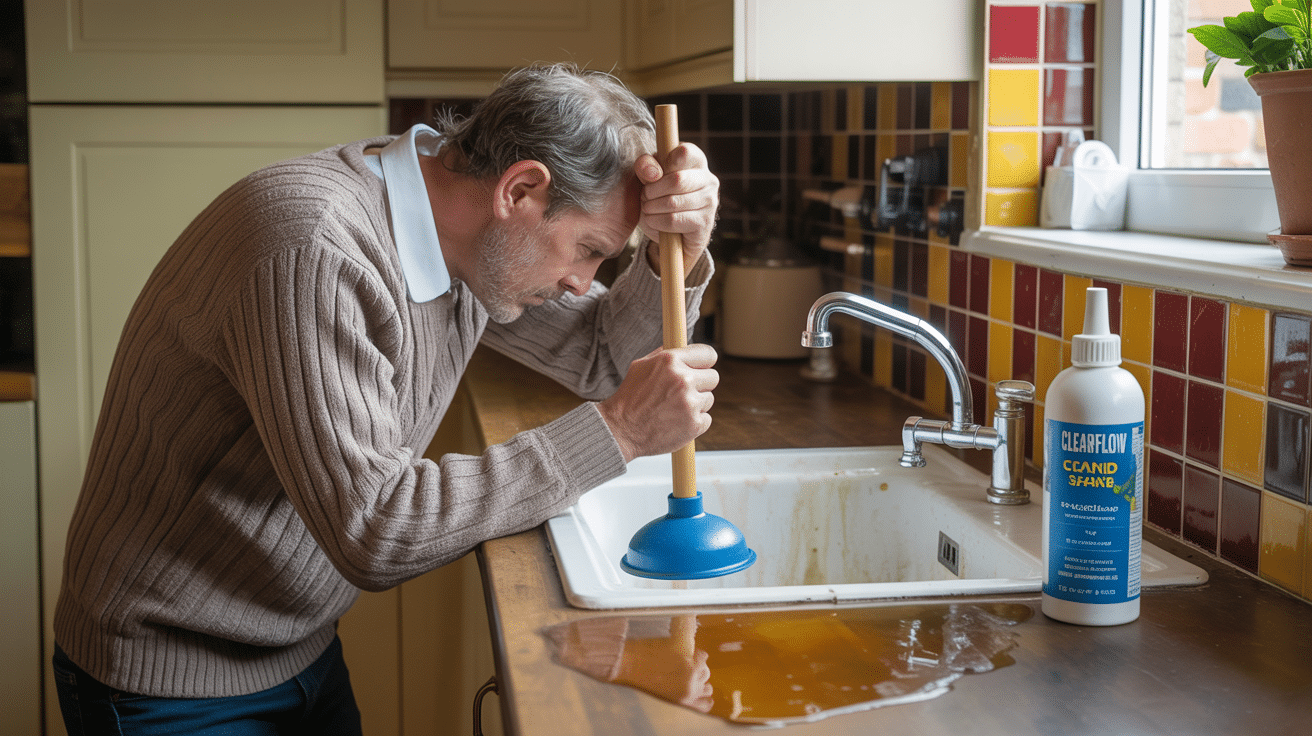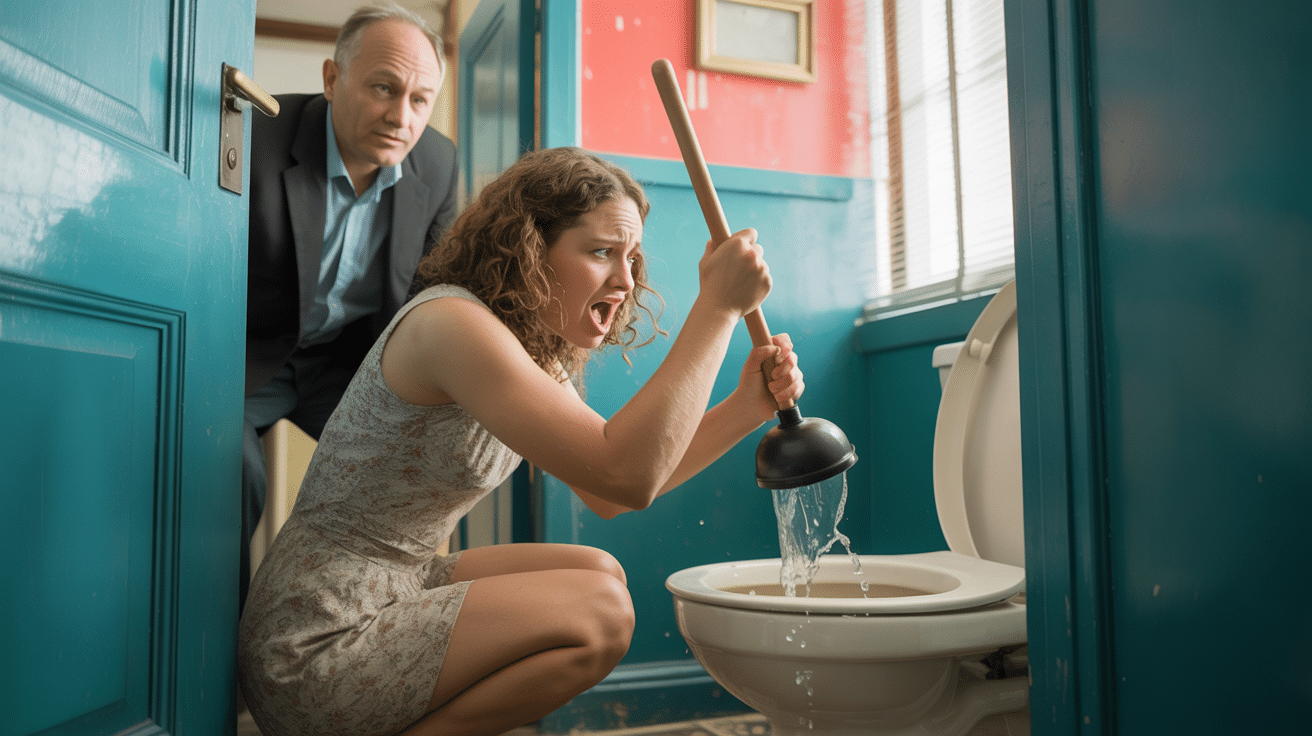 How to keep your water-based appliances running at their best
How to keep your water-based appliances running at their best

It’s normal to panic when our appliances break when washing our clothes and cleaning our dishes, as we know a hefty repair bill will be right around the corner.
With the cost of repairing a large, water-based appliance – like a washing machine or dishwasher – costing upwards of £200, it’s an additional cost we could do without.
That’s why I’m sharing my tips on how to keep your water-based appliances running smoothly and spotting problems ahead of time.
Common problems in water appliances
Large, water-based appliances typically have an average lifespan of 7-12 years, but something can go wrong at any time.
The most common problems faced by large appliances are usually related to draining, leaks and motor issues.
Age and usage are also determining factors in an appliance’s health. Old appliances can suffer from rust and corrosion, making the process very inefficient and increasing the chance of mechanical issues.
Equally, using an appliance too little can result in a build-up of grime and limescale in the pipework, creating blockages and damaging components.
Diagnosing a problem
Like most devices, large appliances give out little signs, which will tell you when something is wrong.
Always be on the lookout for bad smells. This could indicate a drainage problem caused by a build-up of dirt and grime in the pipes, particularly dishwashers if the excess food or grease is causing the water not to drain quickly.
For washing machines, foul odours can be down to growing bacteria in the system caused by consistent cold washes. This can be cleaned out with the occasional hot wash to help flush out the system.
Loud, grinding noises, excessive vibrations or even no movement at all from your appliances could indicate serious electrical issues that may require a call-out. Don’t panic. The issue could equally be a blown fuse or an insecure plug but it’s always best to get a second opinion from a professional.
Leaks are an obvious sign something is wrong. These can be caused by anything from a faulty water inlet valve to an internal blockage or a kink in a pipe. Check there isn’t a bend in the pipework or a blockage, but if the problem persists, seek help from a qualified professional.
Looking at your water
For all water-based appliances, the one thing that’s needed for them to work can be their biggest killer.
16 million households in the UK live in regions that are supplied with hard water. Because of the bounty of minerals in hard water, limescale deposits form when it’s heated or boiled.
Always soften your water where you can. If your area is known for having hard water, consider getting a water softener installed in your system.
At an average cost of £225 for installation, it can seem a costly price tag at first. However, hard water can cut the lifespan of many water-based appliances by nearly half. With time, it will offset the cost of replacing your water appliances due to hard water damage.
Nurture your appliances
Avoid overloading washing machines or dishwashers. Not only will your clothes or kitchenware not get cleaned, but you’ll likely have to rewash them, causing additional wear and tear to your unit.
Give your appliance everything it needs. It can be easy to forget the salt and rinse aid for your dishwasher or cleaner for your washing machine but using these are a must to help tackle limescale build-up.
It’s also important that, every so often, you give your appliances a basic maintenance check. For example, for your washing machine, checking your hoses regularly for any bulging or cracking, as well as cleaning the filter every 3-4 months, can go a long way to keeping a healthy appliance.



